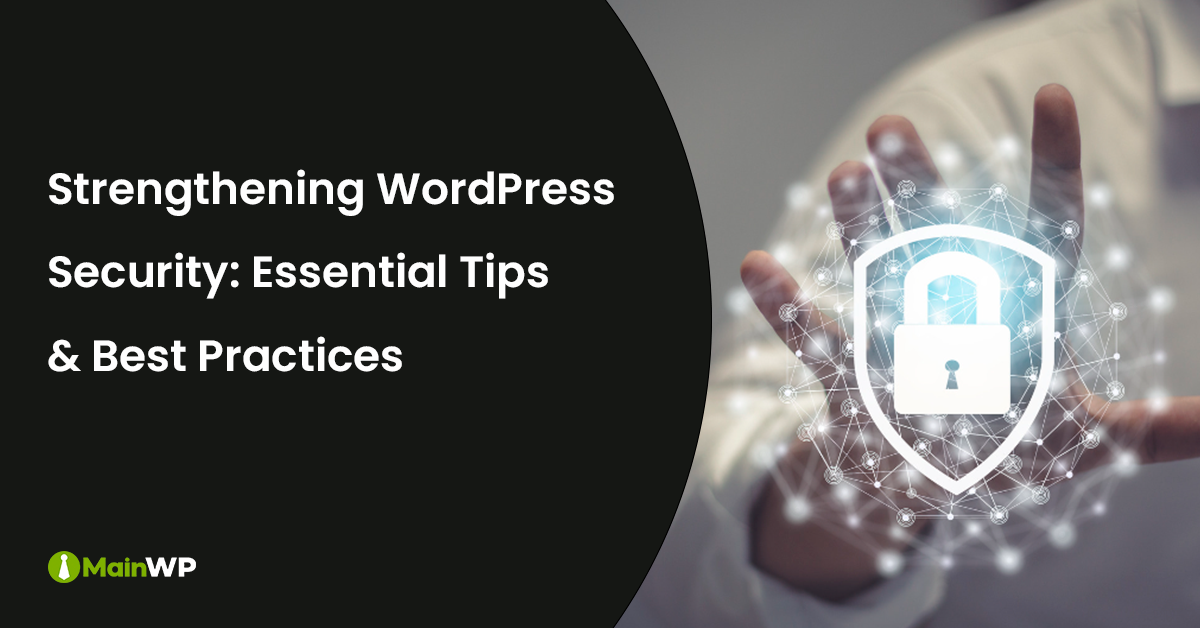WordPress powers over 40% of the websites on the internet. Because of its popularity, WordPress is a favorite target for hackers. However, there are many easy security hardening changes that you can make to your WordPress site to improve its security.

- Set strong passwords
One of the most important things you can do to secure your WordPress site is to set strong passwords for all your accounts, including your WordPress admin account, FTP account, and email account. Strong passwords should be at least 16 characters long and include a mix of upper and lowercase letters, numbers, and symbols.
- Use a security plugin
There are many security plugins available for WordPress that can help to improve your site’s security. These plugins can scan your site for vulnerabilities, block malicious traffic, and help you to keep your WordPress software up to date. Some popular security plugins include Wordfence, iThemes Security, and Sucuri.
- Keep WordPress core, plugins, and themes up to date
WordPress releases security updates regularly. Installing these updates as soon as they are available to patch any known vulnerabilities is important. You can enable automatic updates for minor versions so that WordPress core is always up to date. Always worth testing out major WordPress versions on a staging site first.
- Use a firewall
A firewall can help to protect your WordPress site from malicious traffic. A firewall can be either hardware-based or software-based. If you use a Managed hosting provider, your hosting provider may already have a firewall. Using a self-hosted WordPress installation, you can use edge protection such as Cloudflare or Sucuri for a WAF.
- Back up your site regularly
It is essential to back up your WordPress site regularly if it is hacked or infected with malware. You can back up your site manually or use a backup plugin like WPVivid or Jetpack VaultPress Backups.
By following these simple security hardening tips, you can help to protect your WordPress site from hackers.
Additional tips
In addition to the tips listed above, there are a few other things you can do to improve the security of your WordPress site. These include:
- Avoid using weak passwords. Weak passwords are easy to guess and can be easily cracked by hackers. Use strong passwords at least 16 characters long and include a mix of upper and lowercase letters, numbers, and symbols.
- Be careful what plugins you install. There are many malicious plugins available for WordPress. Be sure only to install plugins from trusted sources.
- Disable or limit access to XML-RPC. Many security plugins will allow you to disable it and restrict XML-RPC. If you already use Cloudflare for WAF, DDoS, and site performance, then Jetpack can be used but is correctly protected by a firewall rule.
- Use a security plugin when needed. There are many security plugins available for WordPress that can help to improve your site’s security. These plugins include features for easy hardening of your WordPress site.
- Backup your site regularly. There are many real-time backup solutions, such as WPvivid or Jetpack VaultPress Backup.
By following these easy tips, you can help to keep your WordPress site safe from hackers.
Useful Links
- https://www.wordfence.com/help/wordfence-free/
- https://help.ithemes.com/hc/en-us/categories/200147050-iThemes-Security
- https://docs.sucuri.net/plugins/installation-and-activation/
- https://developers.cloudflare.com/support/third-party-software/content-management-system-cms/wordpress-jetpack-and-cloudflare/








Comments are closed.